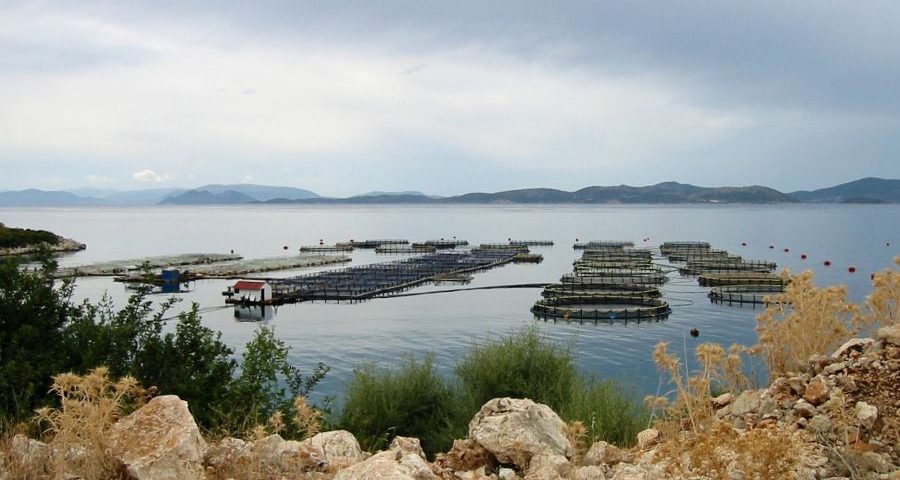Doing business

The microbiome or “microbial health” of water is critical to maintaining the quality of water bodies of fish farms and aquaculture enterprises. In fact, it is the communities of microorganisms living in the water that remove both organic and inorganic elements from the water. Such a process has a crucial impact on the fish that live there.
So far, control of the microbiome has been achieved through recirculating aquaculture systems (RAS). These allow fish to be kept at high densities in closed tanks and provide a “controlled environment”. The systems continuously filter, purify and reuse water for operational efficiency and to reduce the risks of contamination and spread of pathogens.
However, the sheer diversity and complexity of microbial life, coupled with a lack of available measurement and software technologies, has hindered the development of tools to effectively manage these systems for optimal operational performance.
To address this issue, RASLab, based in the aquaculture capital of the world, Bergen, Norway. Bergen, Norway, has started a collaboration with microbiome technology startup KYTOS. The startup offers a unique quantitative overview of the microbiome in water and biofilters through its service programs and measurement technologies. The company uses big data and artificial intelligence (AI) to reduce the unpredictability of aquaculture and monitor the microbiome from the very beginning of culture. In turn, RASlab builds and maintains recirculating aquaculture systems.
Combined with KYTOS laboratory services, this will allow both companies to develop and test new microbiological health indicators for (RAS). And the combined assays will help better microbiome management measures, improve biofilter performance and sustainability, and improve the overall microbial environment of the systems.
The detailed characteristics of thousands of cells are measured and analyzed in a second. The algorithms provide a comprehensive report and characterization of the microbiome. A cloud-based platform collects this data and makes it easily accessible.
Today, KYTOS technology can already characterize most of the microbial life (fungi, bacteria and algae) in water, sludge and fish on the farm. Functional indicators developed through machine learning link this data to on-farm activities such as water maturation, disinfection efficiency and nitrifier activity.
With information from the recirculation systems, environmental optimization services can be offered to any aquaculture facility.
With 12 independent small-scale recirculation systems and 3 biofilter options (freshwater, brackish water and seawater), RASLab can offer microbial environmental studies in the 5-30°C range for any aquaculture operation.
The symbiosis of the two companies’ capabilities will allow the entrepreneur to see comprehensive information about the water condition on the farm, taking into account all microorganisms. This will make the aquaculture industry much more predictable, reduce the number of fish losses due to various diseases and bacterial infections, and as a result, improve the quality of the fish itself and reduce its cost.
More interesting content regarding investments and innovations in the world you may find in our Telegram channel, Facebook and on the Agency’s official website.